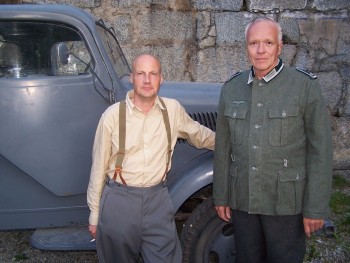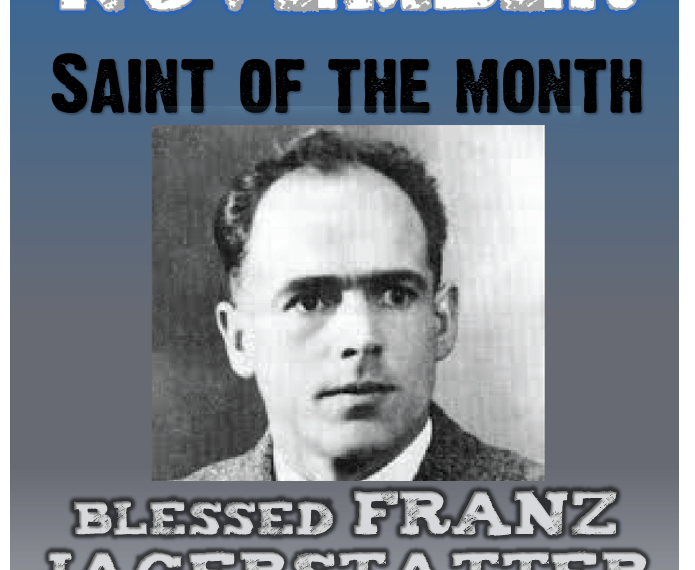
It cannot be maintained that captives have a duty to “obey authority” and fight for a new military force immediately after their defeat or capture. The line of argument developed in the newly discovered text surprised researchers: The fatherland of his people is not the “German ethnic community” but rather Austria, which has been in captivity since the Anschluss. He gradually arrived at the conviction that refusing military service “is morally correct and does not contradict Catholic teaching.” He was drafted twice, but each time the local mayor was able to exempt him because farming was an “essential business.” During the ordeal of occupation, Jägerstätter studied just war theory and the relation between Church and state. When Nazi Germany annexed Austria in 1938, Franz Jägerstätter was working a farm to support his wife and growing family. Yet it offers fresh material for Jägerstätter research. It “clearly does not upset our picture of Jägerstätter,” Schmoller said. In his writings, Jägerstätter often started an argument or a religious discussion with a question, and the newly discovered text is consistent with known reflections by him on the anti-Christian aims and methods of the National-Socialist regime. It may be one of the last things that he wrote before his arrest on March 2, 1943. The two-page handwritten text is entitled “How I actually arrived at the idea not to report for military duty.” It had been delivered last September to the “Franz and Franziska Jägerstätter Institute” at the Catholic Private University in Linz.Īndreas Schmoller, head of the Institute, said that experts had carefully examined the paper and ink, the handwriting, and the contents of the letter and determined that the document is authentic. This year, in conjunction with the feast of Blessed Franz Jägerstätter on May 21, the Diocese of Linz announced that a previously unknown piece of writing by the Nazi resister had been discovered in the estate of a private household in the municipality of Sankt Radegund, his birthplace.


He was beatified in the cathedral in Linz, Austria, on October 26, 2007. His conscientious objection was based on his deep Catholic faith, and he articulated his reasons in many letters, postcards, and personal notes that he wrote, some of them in prison. The Austrian farmer Franz Jägerstätter (1907-1943) was executed by the occupying Nazi regime for his refusal to serve in the armed forces of the Third Reich.


 0 kommentar(er)
0 kommentar(er)
